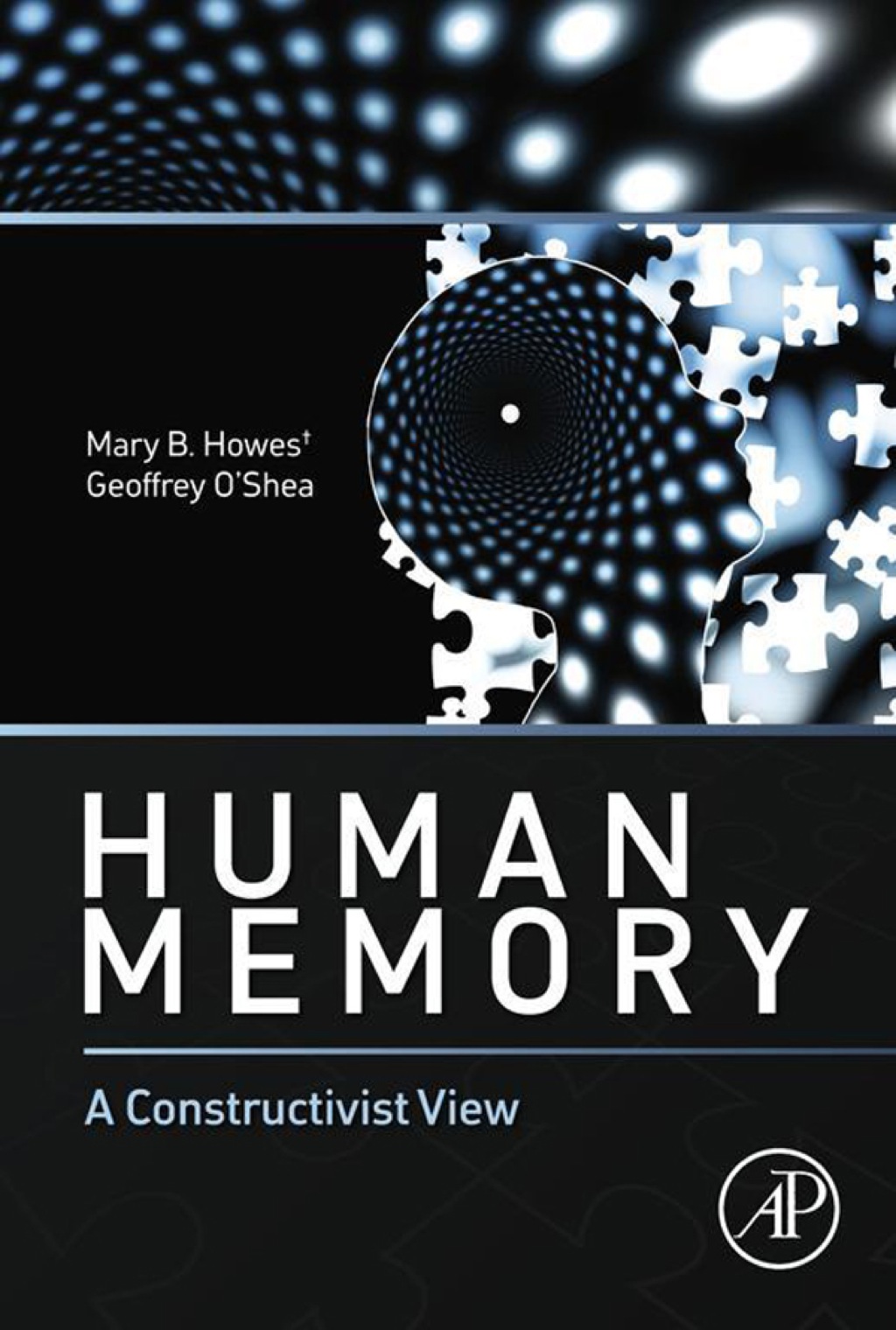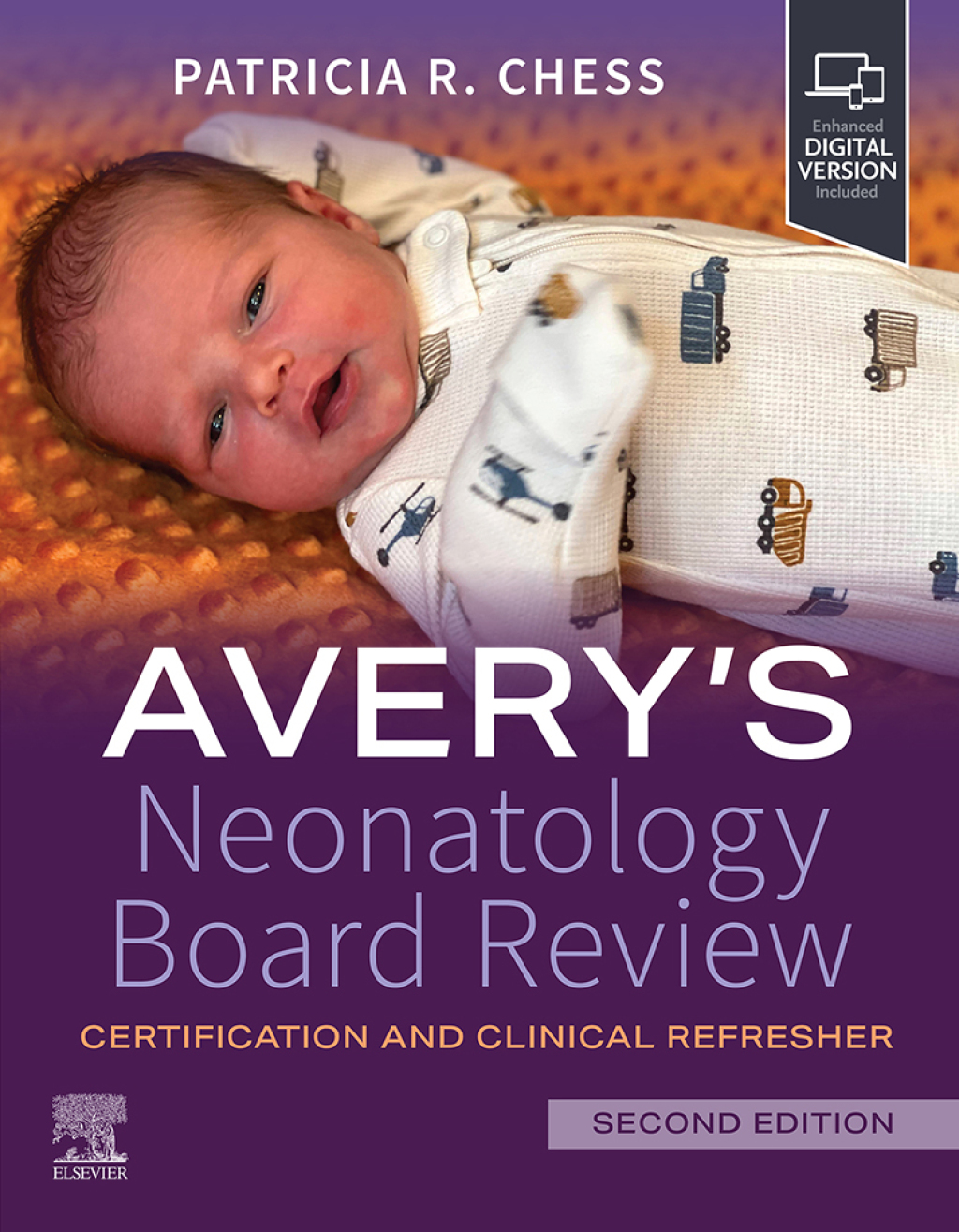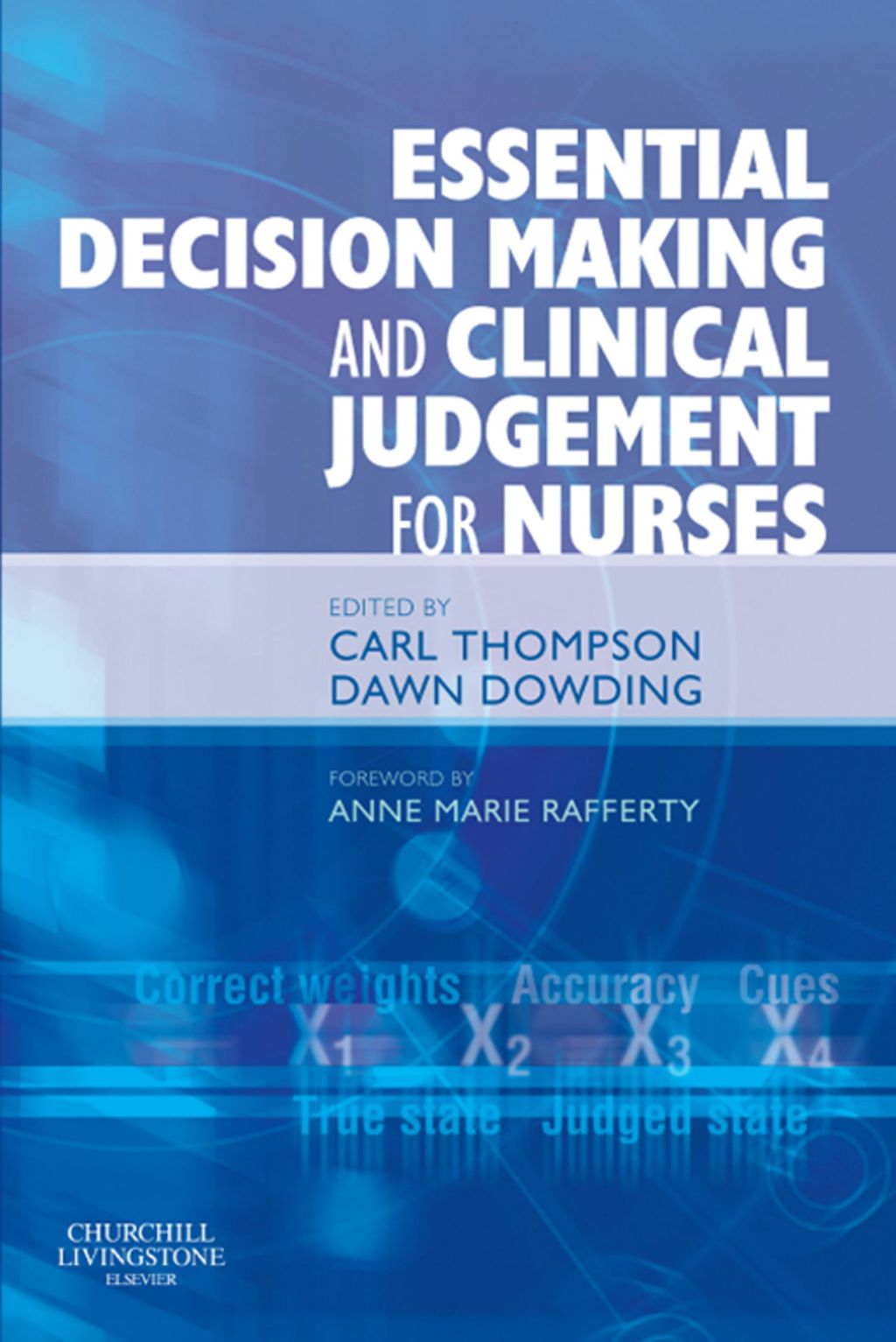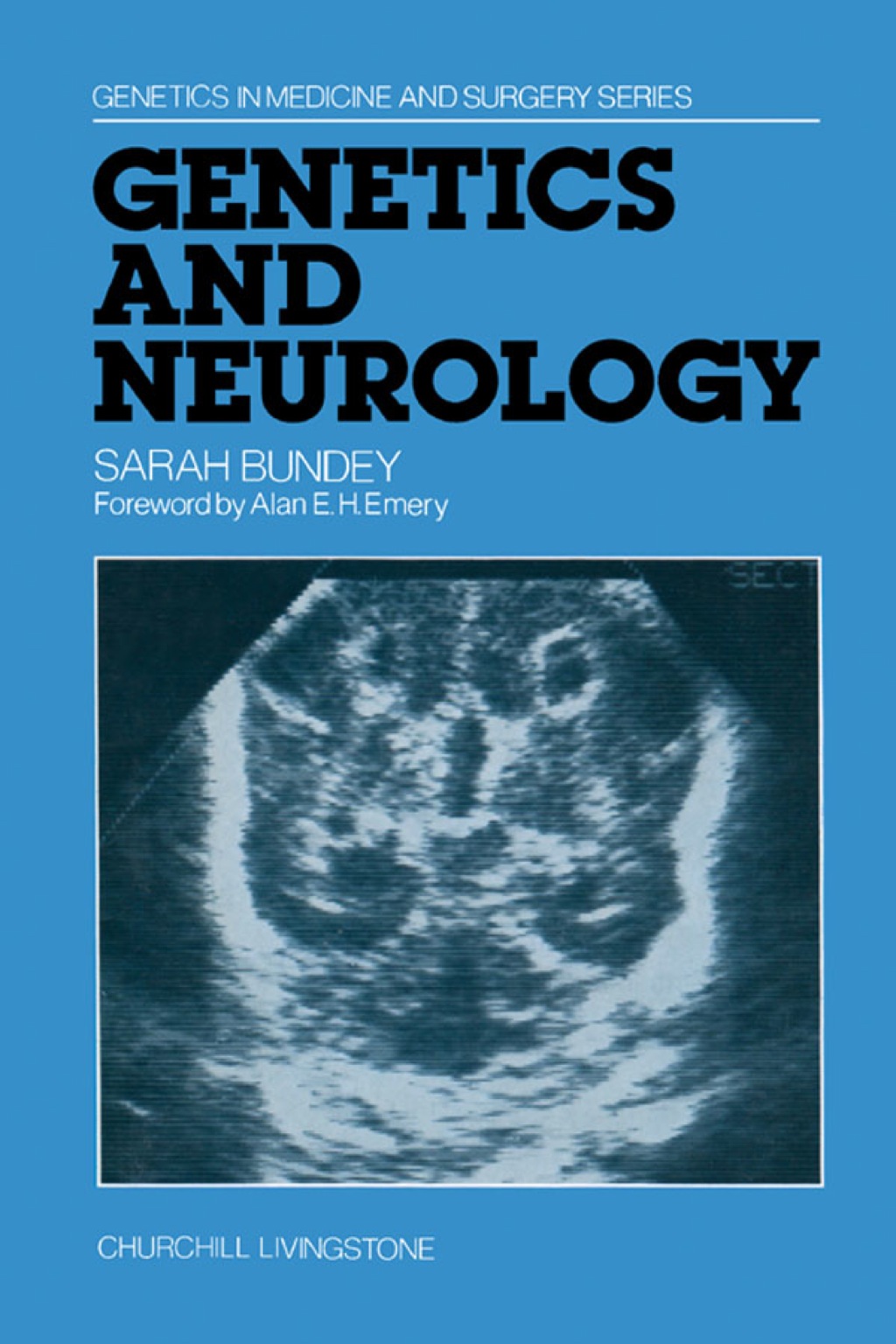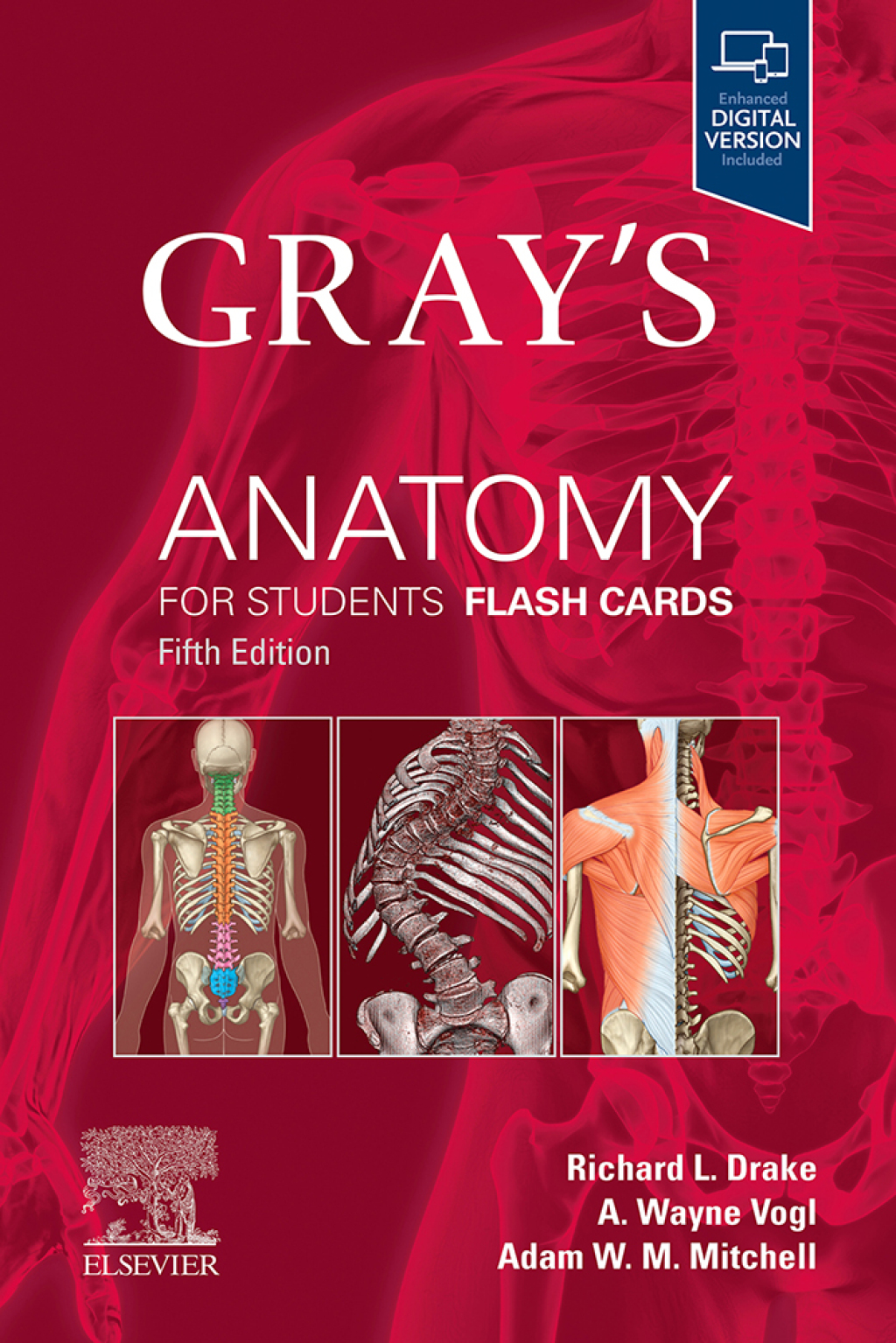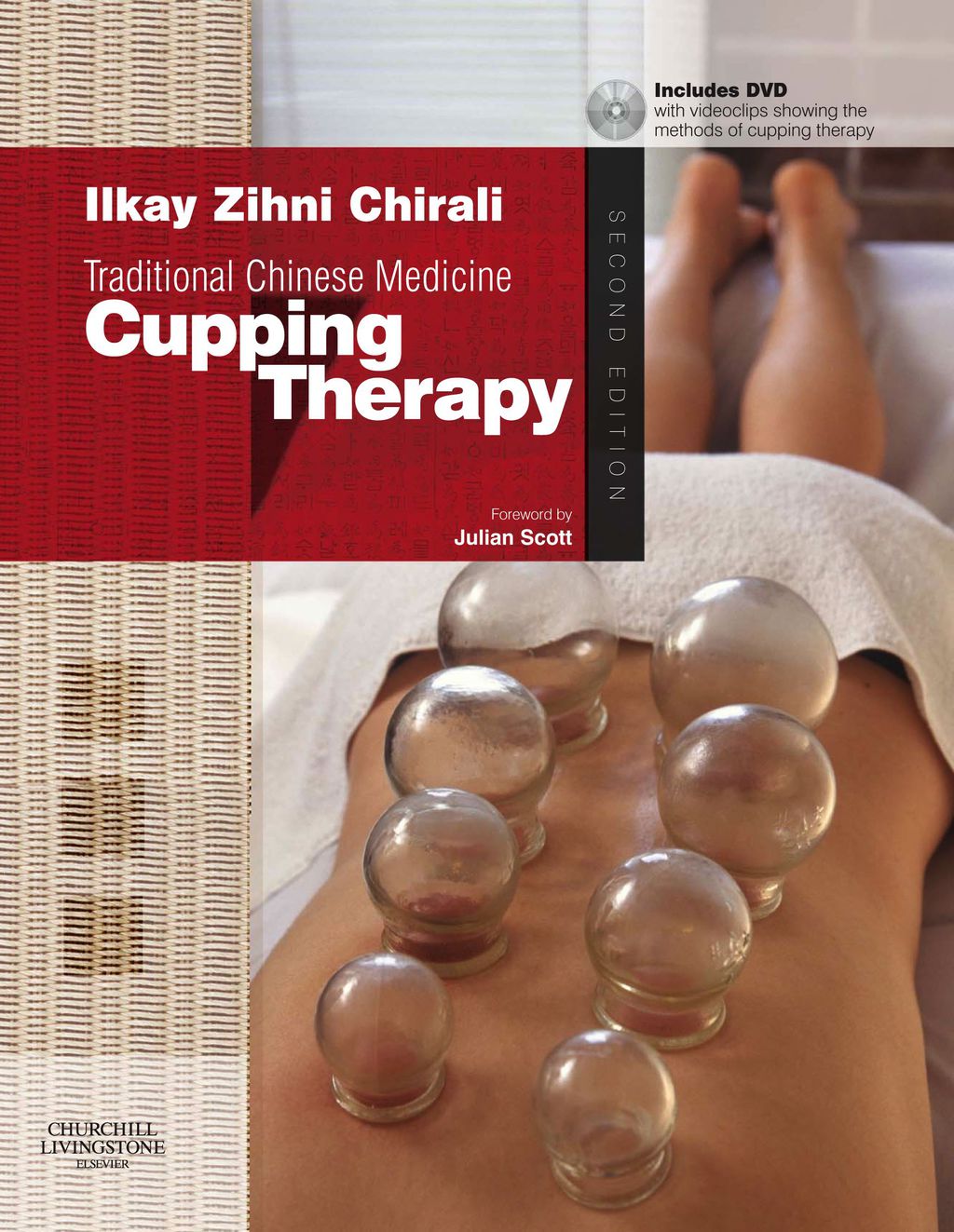Memory research has been so enamored of recent findings involving brain images and neurological underpinnings of transmitters, that it has seemingly moved away from understanding how who we are as individuals affects what we remember, why and how. Mary Howe brings memory back to the constructivist questions of how all the experiences of an individual up to the point of new memory input, help to determine what that person pays attention to, how that information is interpreted, and how all that ultimately affects what goes into memory and how it is stored. This also affects what can be recalled later and what kind of memory distortions are likely to occur. Howe describes constructionist theories of memory, what they predict, how this is borne out in research findings, and presents everyday real life examples for better understanding of the material and interest. Intended for memory researchers and graduate level courses, this book is an excellent summary of human memory research from the constructivist perspective.
- Defines constructivist theory in memory research
- Assesses research findings relative to constructivist predictions
- Identifies how personal experience dictates attention, interpretation, and storage
- Integrates constructivist based findings with cognitive neuroscience



